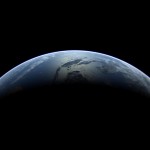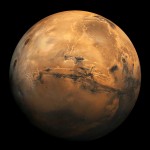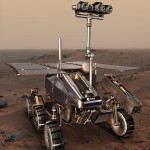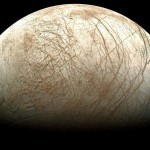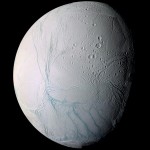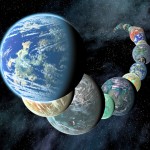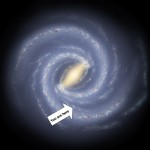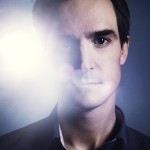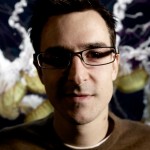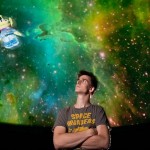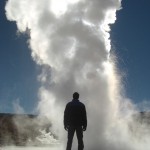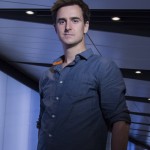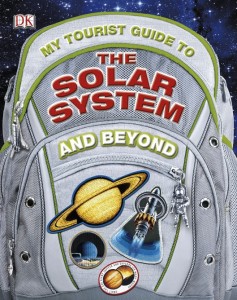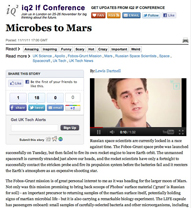Hacking the Brain: What optical and auditory illusions can tell us about how the mind works
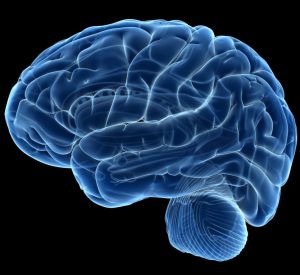 Our brain runs as an organic computer to allow us to see and hear the world around us. Optical illusions ‘hack the brain’ to disrupt this process and so allow us to understand how the brain works. With live demonstrations of a great variety of optical and auditory illusions, this talk will reveal the inner workings of the mind. Warning: you may begin to see the world in a whole new way!
Our brain runs as an organic computer to allow us to see and hear the world around us. Optical illusions ‘hack the brain’ to disrupt this process and so allow us to understand how the brain works. With live demonstrations of a great variety of optical and auditory illusions, this talk will reveal the inner workings of the mind. Warning: you may begin to see the world in a whole new way!
If you would like to book this talk please email

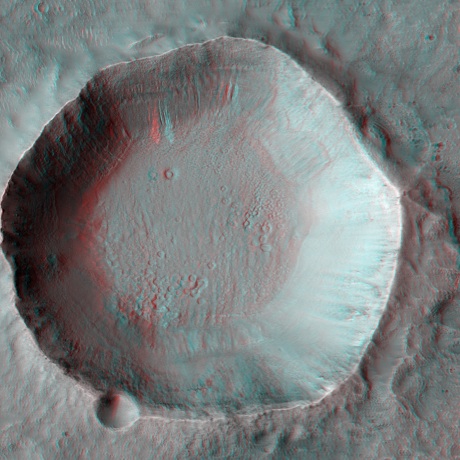
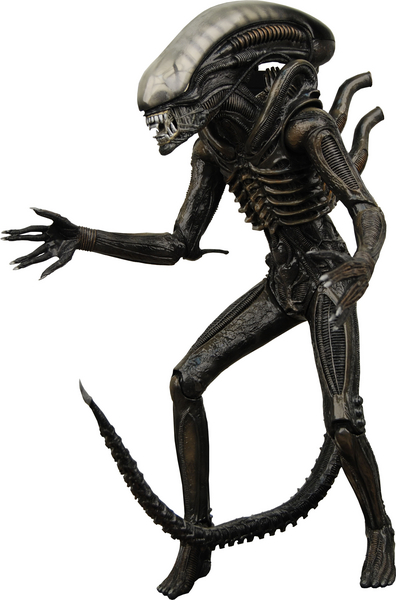
 There’s much more science in the cinema than you might have thought. Either subtly incorporated into the storyline or used explicitly as in sci-fi, science is woven into many popular films, but not all of it very convincingly! Which famous romantic comedy gets its teeth into the weirdness of quantum mechanics, and in which clangers are the laws of science apparently different in Hollywood from the rest of the Universe? Bring your popcorn and settle comfortably into your seat as we take a humorous look at some of the greatest Hits and Misses of science in the movies.
There’s much more science in the cinema than you might have thought. Either subtly incorporated into the storyline or used explicitly as in sci-fi, science is woven into many popular films, but not all of it very convincingly! Which famous romantic comedy gets its teeth into the weirdness of quantum mechanics, and in which clangers are the laws of science apparently different in Hollywood from the rest of the Universe? Bring your popcorn and settle comfortably into your seat as we take a humorous look at some of the greatest Hits and Misses of science in the movies.